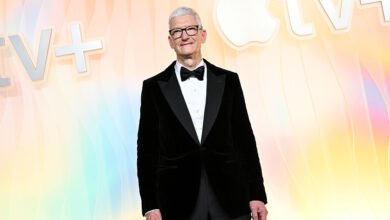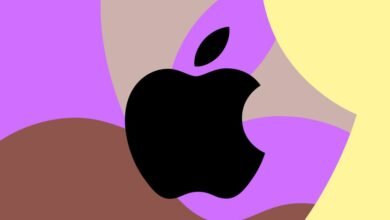OpenAI Reportedly Developing Smart Speaker, Glasses, and AI Pin

▼ Summary
– OpenAI is developing a smart speaker without a display as its first AI device in partnership with Jony Ive, with components sourced from Apple assemblers Luxshare and Goertek.
– The company is also considering additional products like glasses, a digital voice recorder, and a wearable pin, targeting a late 2026 or early 2027 release.
– OpenAI CEO Sam Altman previously described the first device as pocket-size, contextually aware, and screen-free, aligning with these new rumors.
– OpenAI has started using Apple’s supply chain network in China for production and has been poaching Apple employees, promising less bureaucracy.
– Apple reportedly canceled a meeting in China to prevent executive defections to OpenAI, as hardware staff increasingly join the ChatGPT maker.
Reports suggest that OpenAI is actively exploring the development of a range of AI-powered hardware devices, including a smart speaker, smart glasses, and a wearable pin. These products are said to be in early planning stages, with a potential launch window set for late 2026 or early 2027. The initiative appears to be part of a broader hardware strategy emerging from the company’s collaboration with Jony Ive, Apple’s former chief design officer.
According to sources familiar with the matter, one of the primary devices under consideration is a smart speaker without a display, aligning with earlier statements from OpenAI CEO Sam Altman describing a pocket-sized, screen-free gadget. The company has reportedly already engaged manufacturing partners, securing a contract with Luxshare and approaching Goertek, both key suppliers in Apple’s supply chain, to source components such as speaker modules.
Beyond the speaker, OpenAI is said to be evaluating designs for smart glasses and a digital voice recorder, though an AI pin represents a more unexpected direction given Ive’s previously critical stance on body-worn devices. Interestingly, earlier rumors about an in-ear device are notably absent from this latest round of speculation.
The effort to develop these products has involved tapping into Apple’s established supply network in China, a move that appears to have drawn concern from the iPhone maker. Recent reports indicate Apple canceled a planned meeting with its China-based teams, partly to prevent key personnel from being poached by OpenAI.
Indeed, talent migration from Apple to OpenAI has accelerated since the partnership with Ive was announced. Tang Tan, OpenAI’s head of hardware and a former Apple design executive, has been actively recruiting Apple employees by emphasizing a more collaborative and less bureaucratic work environment. This shift underscores the growing competition between the two companies not only in AI software but increasingly in hardware development as well.
(Source: The Verge)





